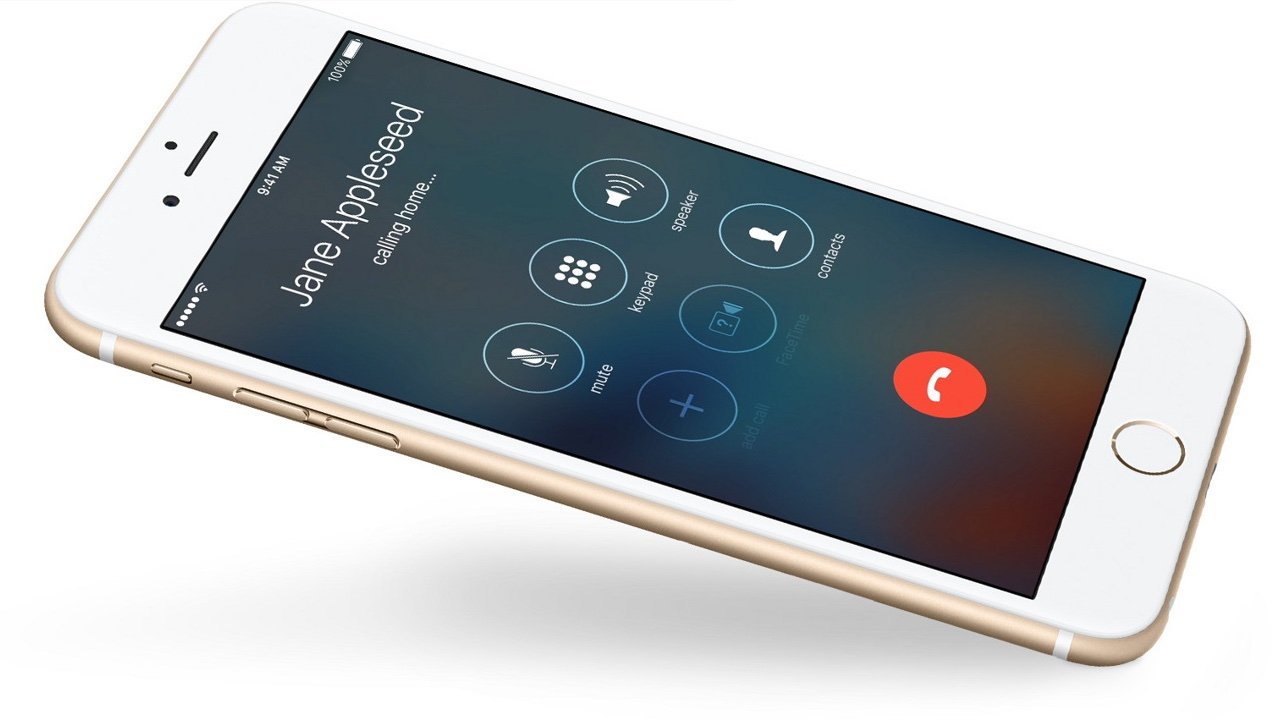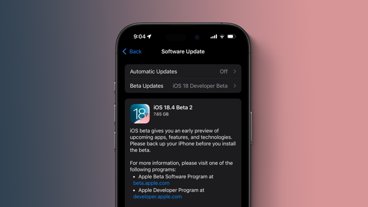Caltech's seven-year legal battle over Apple and Broadcom allegedly using its Wi-Fi patents has now been settled.
The case was expected to be concluded after the California Institute of Technology (Caltech) said in a court filing in August 2023 that a "potential settlement [has been] reached." That filing gave no more details, but said that a previously-scheduled status conference would continue on August 24, 2023.
It was also reported that the three companies were due to file a new, joint status report by August 18, 2023. It's not clear now whether that happened on schedule, but according to Reuters, Caltech has now formally filed a "request for dismissal" of the case.
The full, and rather short, court filing says that the company wishes to "hereby request and stipulate that all claims and counterclaims... be dismissed with prejudice." It stated this specifically over its dispute with Broadcom, but then added another line about Apple.
"In addition, Caltech respectfully requests that all counterclaims asserted by Apple also be dismissed with prejudice, with each party bearing its own costs and attorneys' fees," it continues. "Broadcom does not oppose this request."
Dismissing the case "with prejudice" means it cannot be refiled.
The case began in 2016 with Caltech accusing Apple and Broadcom of violating four of its Wi-Fi patents. In 2020, it won the case, with Apple ordered to pay $838 million for patent infringement, and Broadcom to pay $270 million.
Naturally, Apple and Broadcom appealed, and in 2022 did get a new trial. Significantly, though, the new trial was concerned only with the amount of damages the companies were to pay — there was no question of overturning the guilty verdict.
None of the companies involved have commented publicly on the settlement.
 William Gallagher
William Gallagher








 Christine McKee
Christine McKee
 Marko Zivkovic
Marko Zivkovic
 Mike Wuerthele
Mike Wuerthele

 Amber Neely
Amber Neely
 Sponsored Content
Sponsored Content
 Wesley Hilliard
Wesley Hilliard









11 Comments
I always found this case strange, at least why Apple was involved at all. Broadcom made the chips, and should be responsible for ensuring patents were covered. Apple bought the broadcom chips, but was somehow supposed to know if Broadcom was violating patents and thus wa also violating the patents.
seems like a chasing the biggest pocket strategy
Interesting. But should it not be that it is Broadcom using the patent, not Apple? I guess it is like receiving stolen goods?